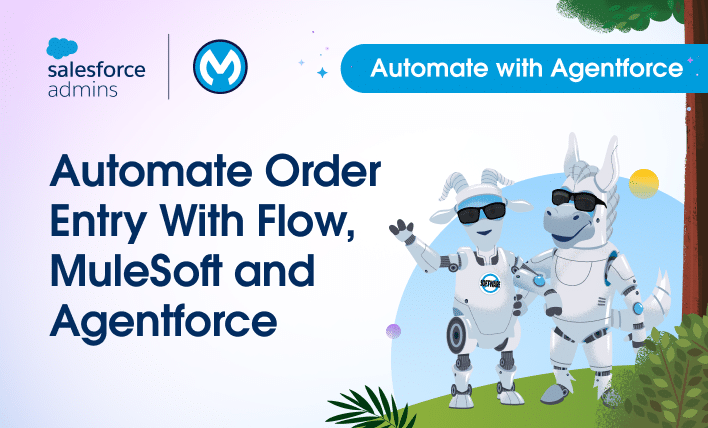For this week’s episode of the Salesforce Admins Podcast, we are talking with Ashley Simons, Product Management Senior Manager, and David Louie, Senior Director, Product Management; MuleSoft Citizen Integration, about their upcoming TrailheaDX session and how admins can use MuleSoft Composer to integrate with clicks, not code. You should subscribe for the full episode, but […]






